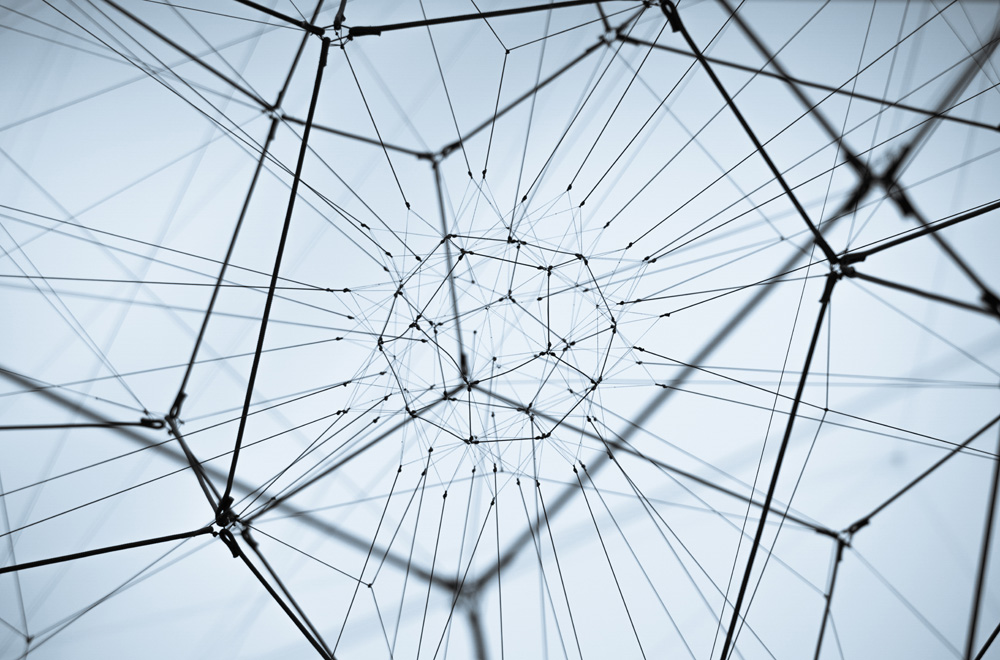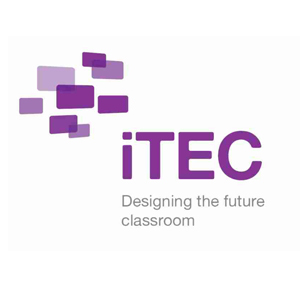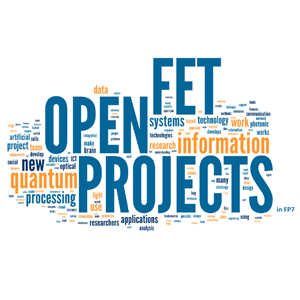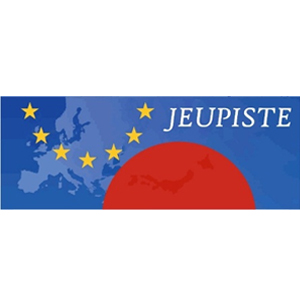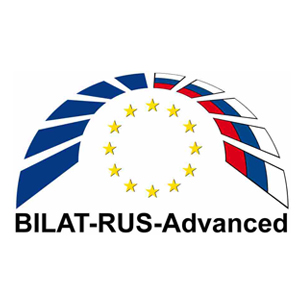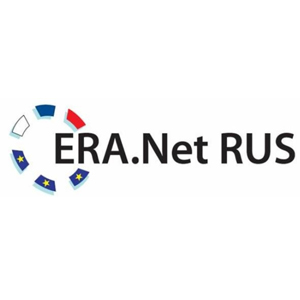J
apan-EU Partnership in Innovation, Science and Technology, abbreviated as JEUPISTE, is a project based on EU and Japan cooperation in the fields of Science, Technology and Innovation. It promotes cooperation programmes such as Horizon 2020 by organizing workshops, information days and thematic events. It aims to help researchers and research organizations through training seminars on project management.
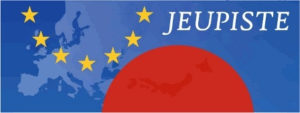
Japan-EU Partnership in Innovation, Science and Technology,
Europe and Japan are facing similar societal challenges while sharing common values. The programme has selected key enabling technologies and societal challenges to cooperate on. These include ICT, advanced materials, biotechnology, innovation in SMEs, health, demographic change and well-being, clean energy as well as inclusive, innovative and reflective societies.
1. Objectives And Activities Of The JEUPISTE Project
What does JEUPISTE aim to achieve and how does it fulfill its objectives?
To start with, the project is willing to support policy dialogues. To do so, it collects, constantly updates and analyzes data on EU-Japan STI collaboration and sets up a continuous process of exchange within Europe for further STI cooperation with Japan.
JEUPISTE aims to create a bilateral information service by organizing events in both the European Union and Japan on Japanese STI programmes and Horizon 2020 respectively, while sill collaborating with other EU schemes.
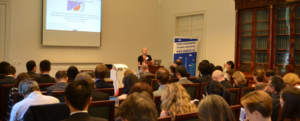
JEUPISTE aims to create a bilateral information service by organizing events in both the European Union and Japan
The project’s third objective is the organization of cooperative events on technology and societal challenges. This objective is reached through intensive workshops on academic and innovation partnership building, involving industry, research communities, academia and others. It also promotes dialogue among funding organizations.
Finally, JEUPISTE holds trainings on several Contact Points. Human resources in Japan are trained on Horizon 2020, while Europeans are, themselves, trained on Japanese STI programmes.
The European Union holds many cooperative programmes on science, technology and innovation. Learn more about the Future And Emerging Technologies Open Funds Project.
Japan-EU Partnership in Innovation, Science and Technology addresses many issues on both societal challenges and science. In the following paragraphs, we will discuss two scientific themes the project aims to discuss.
2. JEUPISTE’s Role In Climate Issues
Climate in sustainable development, the eradication of energy poverty, the improvement of air quality, the increase of well-being, the availability of food and water and the enhancement of energy security. Those are the issues discussed by CD-LINKS, a research project based on EU-funding. The project has four main goals:
This form of collaboration comes with benefits such as the possibility to affirm research results by comparing and the appeal it has on Japanese stakeholders.
-

To set a link between climate change policies and sustainable development objectives
-

To present evidence of the effectiveness of these policies by exploring past and current experiences
-

To build a research network in order for European institutions to exchange knowledge
-

To develop a low-carbon next generation
This form of collaboration comes with benefits such as the possibility to affirm research results by comparing and the appeal it has on Japanese stakeholders.
3. The PROTINUS Project
An abbreviation for Providing new insight into Interactions between soil Functions and Structure, this biological project assembles a multi-disciplinary team from European, Japanese, Mexican and New Zealand based Universities and private companies. Their goal is to analyze soil structure and soil function by testing theories on a model.

Roots as seen in a CT scan
The project is done in four stages. The first step consists of an investigation in today’s best practices in experimental soil science. The second stage is about the inter-disciplinary aspect of the project and exploring each stakeholder’s roles. The formation of a new methodology meant to modify soil practices is done in step three. Finally, on stage four, the team looks at the outcome and consequences of their new practice in order to understand how it impacts soil structure and its functions.
The importance of new technologies in education is also an issue addressed in European projects. To learn more, make sure you read our article on Future Classroom Design Ideas By iTEC Europe a project meant to individualize leaning.

